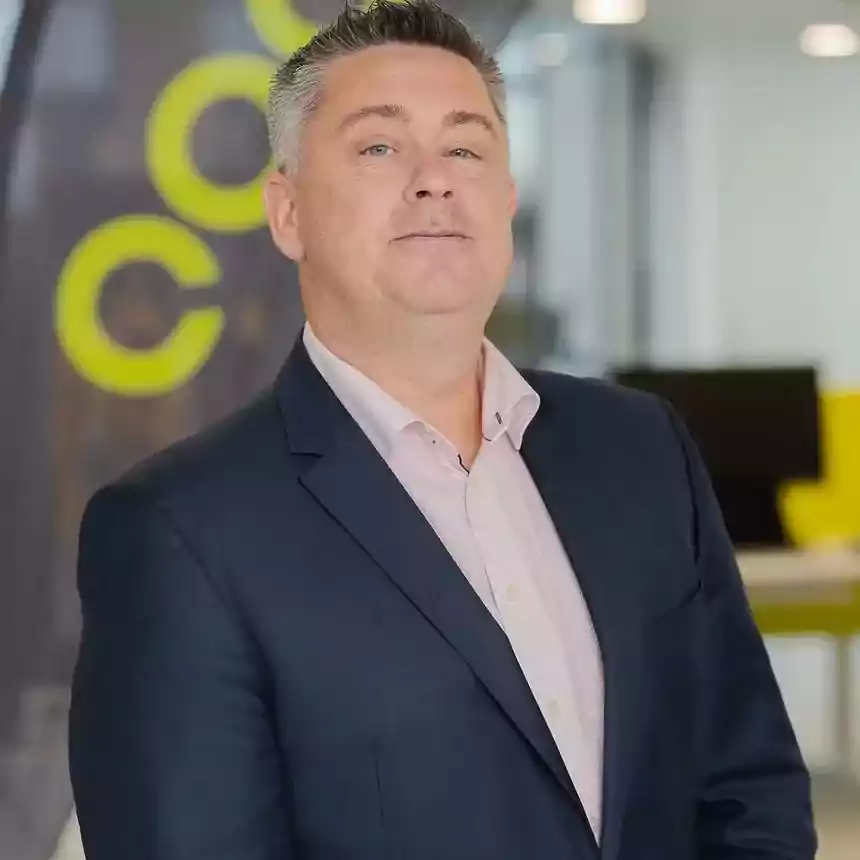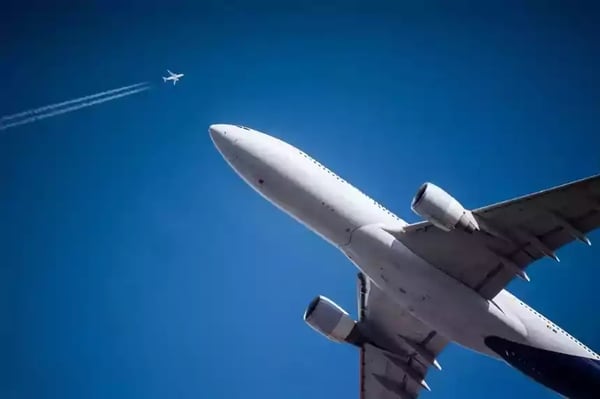What initiatives will drive the Net-zero Carbon emissions by 2050?
Perhaps one of the most daunting challenges humanity will have to face in the coming decades is the issue of climate change. Virtually every country on the planet is dependent on fossil fuels and non-sustainable sources of energy to keep society moving. Shifting towards sustainability is a complicated process for most industries, in particular the aviation industry. On October 4th of 2021, the International Air Transport Association (IATA) set the ambitious goal of achieving net-zero carbon emissions by 2050. Here's how some major players in the aviation industry will bring this vision to life.
Honeywell’s Eco-Friendly APUs
The auxiliary power unit (APU) provides energy for all of an airplane’s functions except propulsion. While only accounting for a small percentage of an airplane’s carbon emissions during a flight, developing sustainable APUs is a step in the right direction. Honeywell’s aerospace division has put a recent focus on designing APUs capable of using sustainable airline fuel (SAF) as its source of energy.
Pratt & Whitney GTF Advantage Engine
Moving towards the subject of aircraft engines themselves, the GTF Advantage engine by Pratt & Whitney is a new carbon-efficient engine that can be powered by sustainable airline fuel. In addition to providing thrust at a lower energy consumption rate, it also does so at lower temperatures, which in turn reduces the amount of cooling required to keep the engine in shape.
Airbus Liquid Hydrogen Storage
Airbus is aiming to develop the world’s first zero-emission commercial aircraft by 2035 and hydrogen is fundamental is at the core of this initiative. When hydrogen is generated from the renewable energy sources, it emits zero CO2. However, storing hydrogen onboard poses several challenges and requires an innovative approach to fuel storage. To address this challenge, Airbus is designing leading-edge liquid hydrogen tanks.
Rolls Royce Blue Data Thread IntelligentEngine
Developing more streamlined technology is the most obvious solution to reducing the aviation industry’s carbon footprint. Ensuring that current technology is being used efficiently, however, is an equally important task. Engine maintenance extends beyond repairing machinery whenever it drops below safety standards. The IntelligentEngine, as Rolls-Royce calls it, encapsulates both the aircraft engine and the software that monitors it. Being able to keep tabs on an engine’s current condition at the touch of a button allows airlines to keep their airplanes in working condition without wasting resources. More specifically, it makes predictive maintenance a possibility, meaning engine checks and repairs are only done when necessary. EngineData.io by QOCO functions as the platform through which the condition of Rolls-Royce's IntelligentEngine and other such pieces of equipment can be communicated. It facilitates data exchange between airlines and manufacturers, an important aspect in optimizing engine maintenance.
Just because the IATA’s goal of reaching a state of net-zero carbon emissions by 2050 is ambitious doesn’t mean the aviation industry isn’t up to the challenge. Drastic changes won’t happen overnight, but progress towards a greener future is already taking place. One of these signs of progress is the partnering between QOCO and Rolls-Royce, which helps reduce carbon emissions and improves the efficiency of airline maintenance as a whole.
Reach out to learn more from our team!
 Andy Graham
Andy Graham
 If you are interested in knowing how you can improve your efficiency in maintenance operations, book a 30-minutes discovery call with us.
If you are interested in knowing how you can improve your efficiency in maintenance operations, book a 30-minutes discovery call with us.

